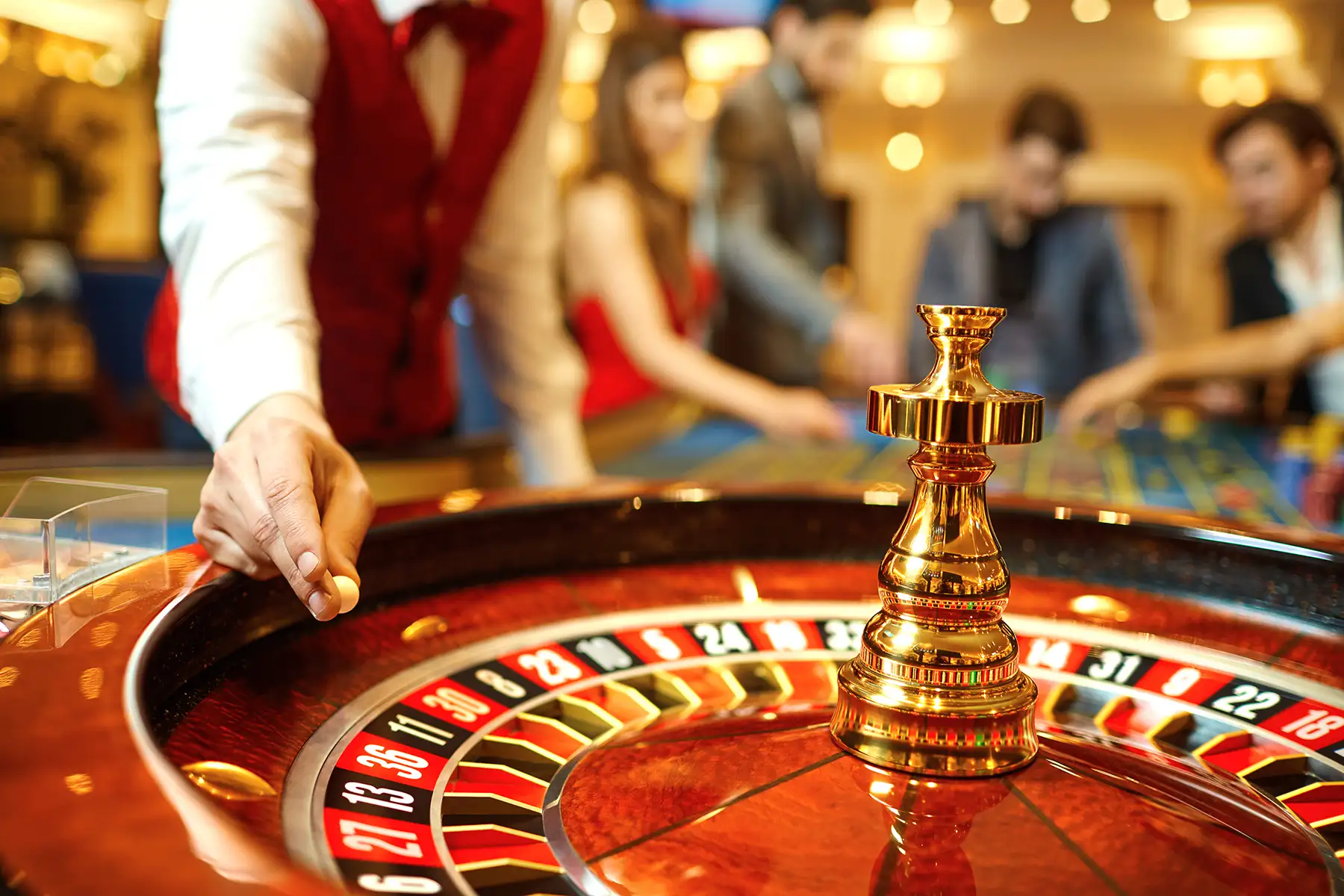The Rise and Impact of Gambling in Modern Society
Yathish Acharya
Lifestyle
about 1 year ago

Gambling has been a part of human civilization for centuries, evolving from simple games of chance to sophisticated platforms that combine technology, psychology, and economics. Whether it's a spin of the roulette wheel, a hand of poker, or a bet on the outcome of a sports match, gambling continues to captivate millions worldwide. This article delves into the history, allure, challenges, and future of gambling in our society.
What is Gambling?
Gambling refers to wagering money or valuables on an event with an uncertain outcome, with the primary intent of winning additional money or items. It includes activities such as casino games, sports betting, lottery, poker, and online gaming. The core element of gambling is the risk-reward dynamic, which appeals to both the thrill-seeker and the strategist.
A Brief History of Gambling
- Ancient Beginnings: Gambling traces its roots back to ancient civilizations. Dice games were popular in Mesopotamia around 3000 BC, and evidence of betting practices can be found in ancient Chinese, Roman, and Greek cultures.
- The Evolution of Casinos: The first official gambling houses appeared in Venice during the 17th century. Over time, casinos became symbols of luxury and entertainment, spreading across Europe and eventually to the United States with iconic destinations like Las Vegas and Atlantic City.
- The Digital Age: The internet revolutionized gambling, giving rise to online casinos, sports betting platforms, and mobile apps. Today, gamblers can play from the comfort of their homes or on the go, opening up a new era of accessibility and convenience.
The Allure of Gambling
- The Thrill of Uncertainty: The unpredictability of outcomes triggers adrenaline and dopamine, creating a sense of excitement and pleasure.
- The Hope of Winning Big: Many are drawn by the possibility of life-changing wins, as seen in lottery jackpots and high-stakes poker tournaments.
- Social Interaction: Gambling often serves as a communal activity, fostering connections in poker games, sports betting groups, or at casinos.
- Skill and Strategy: Games like poker and sports betting attract individuals who enjoy applying knowledge and tactics to increase their chances of winning.
The Dark Side of Gambling
- Addiction: Gambling addiction, or gambling disorder, affects millions globally. It can lead to financial ruin, strained relationships, and mental health issues.
- Financial Risks: The lure of gambling often overshadows the high likelihood of losses, resulting in significant financial distress for some players.
- Ethical Concerns: The gambling industry has faced criticism for targeting vulnerable populations and promoting excessive betting through aggressive marketing.
- Legal and Social Challenges: In some regions, gambling is banned or heavily restricted due to its potential societal impact. However, illegal gambling operations often thrive in such areas.
Gambling in the Digital Era
The rise of online gambling has changed the landscape of the industry dramatically. Features like live betting, virtual reality casinos, and cryptocurrency-based platforms are transforming the user experience. However, these advancements also pose new challenges, such as ensuring responsible gambling and preventing fraud.
The Role of Technology:
- Artificial Intelligence (AI) is used to predict player behavior and personalize experiences.
- Blockchain ensures transparency and fairness in gambling transactions.
- Mobile Apps make gambling more accessible than ever, raising concerns about addiction among younger users.
The Future of Gambling
The gambling industry is projected to continue its growth, driven by technological innovation and changing societal attitudes. Key trends include:
- Regulation and Responsible Gambling: Governments and organizations are focusing on promoting responsible gambling practices and protecting vulnerable individuals.
- Esports Betting: The rise of esports has created a new frontier for betting, attracting younger audiences.
- Global Expansion: As more countries legalize gambling, the market is expected to expand significantly, particularly in Asia and Africa.
- Integration of Virtual Reality (VR): VR casinos aim to replicate the immersive experience of physical casinos, providing a new level of entertainment.